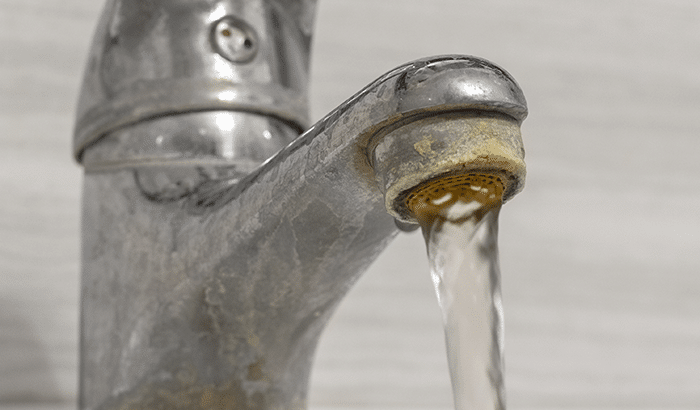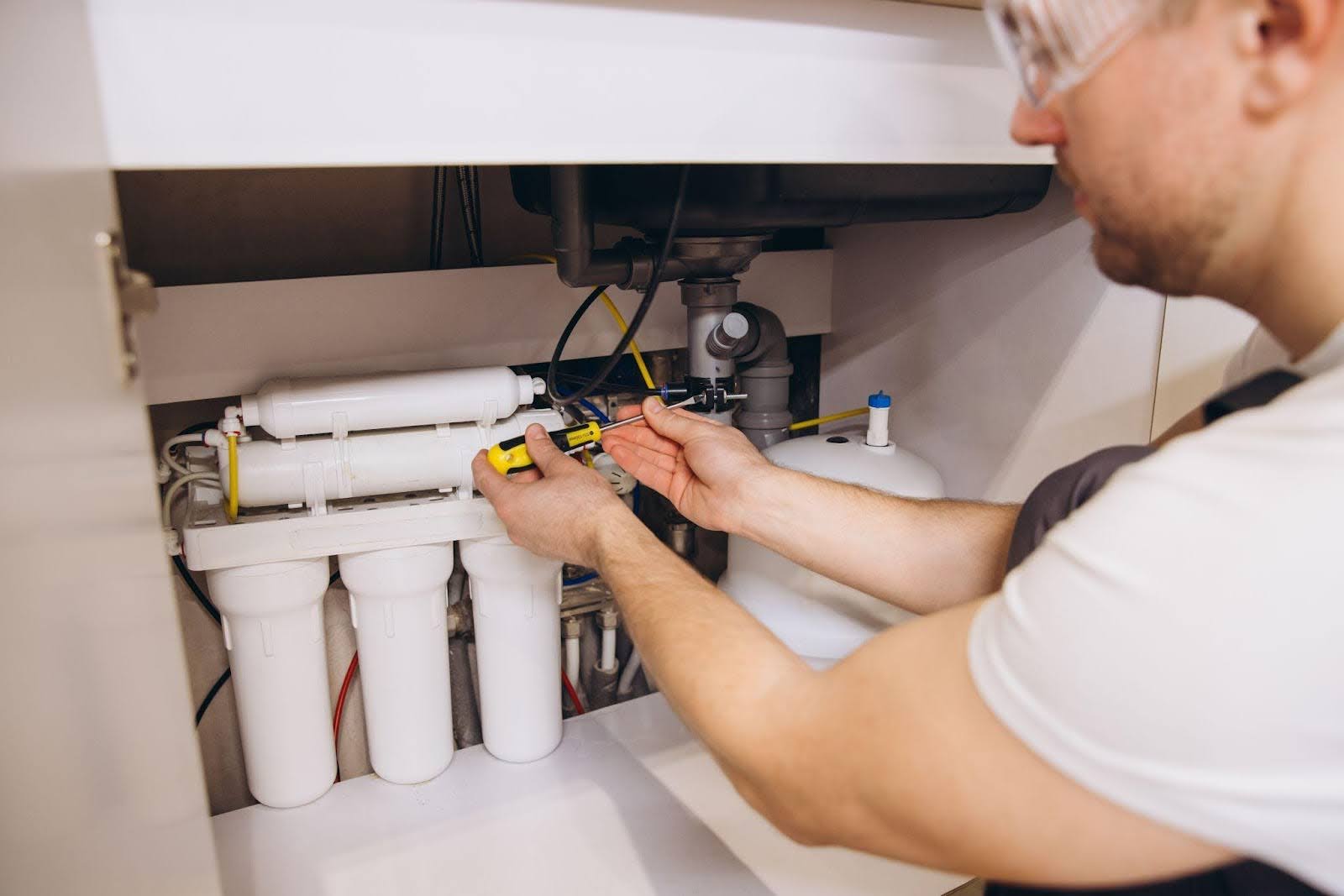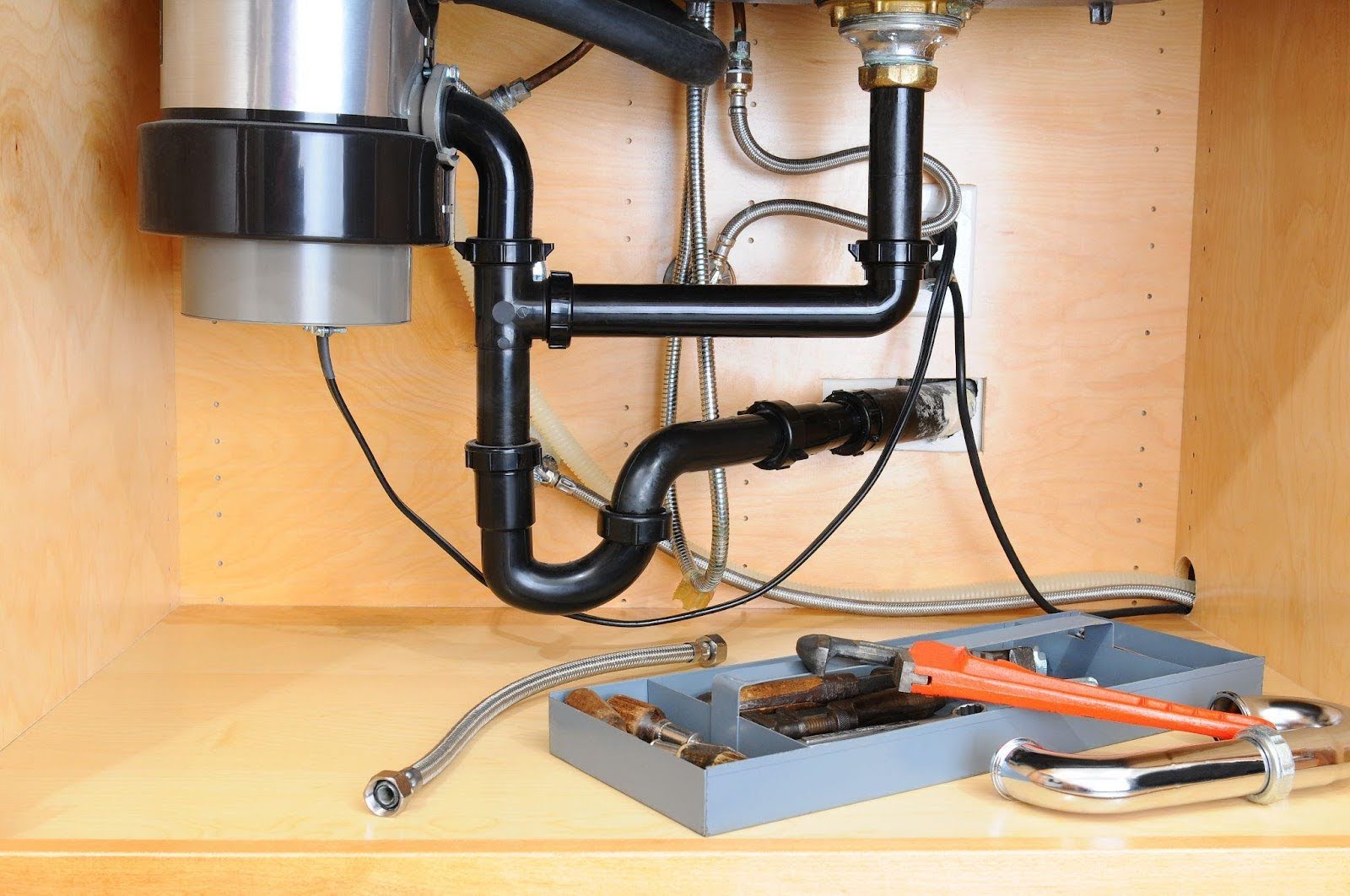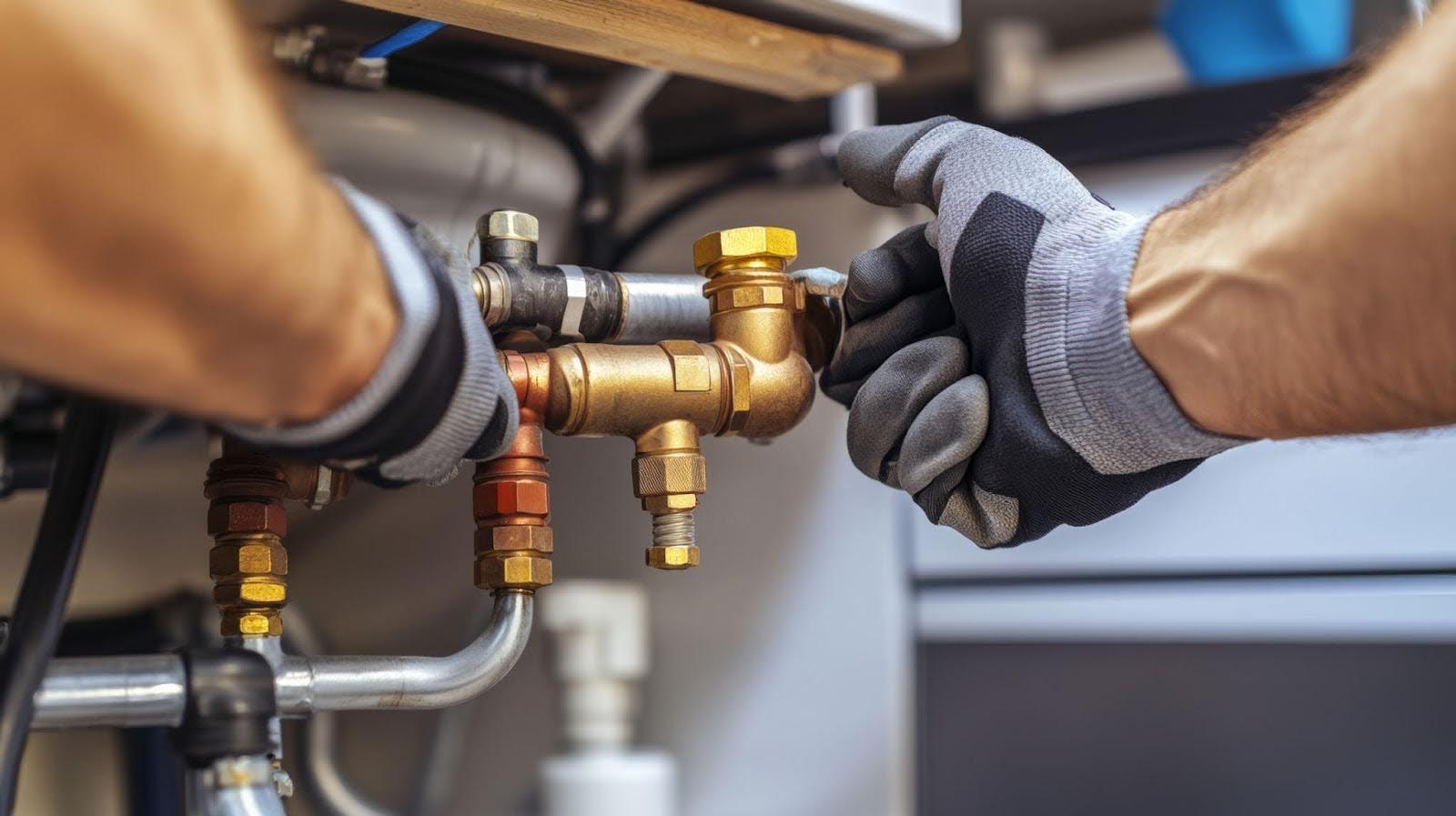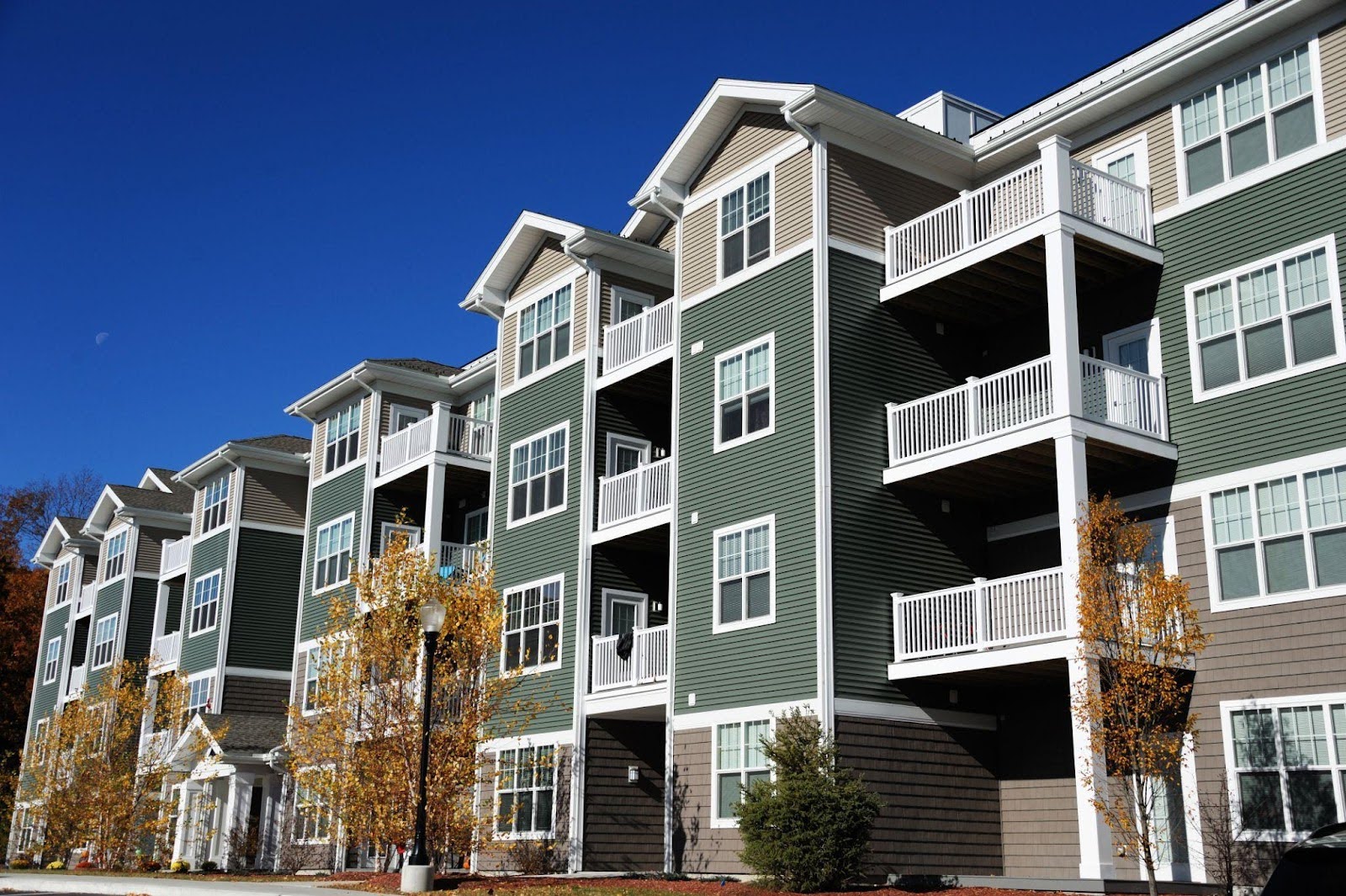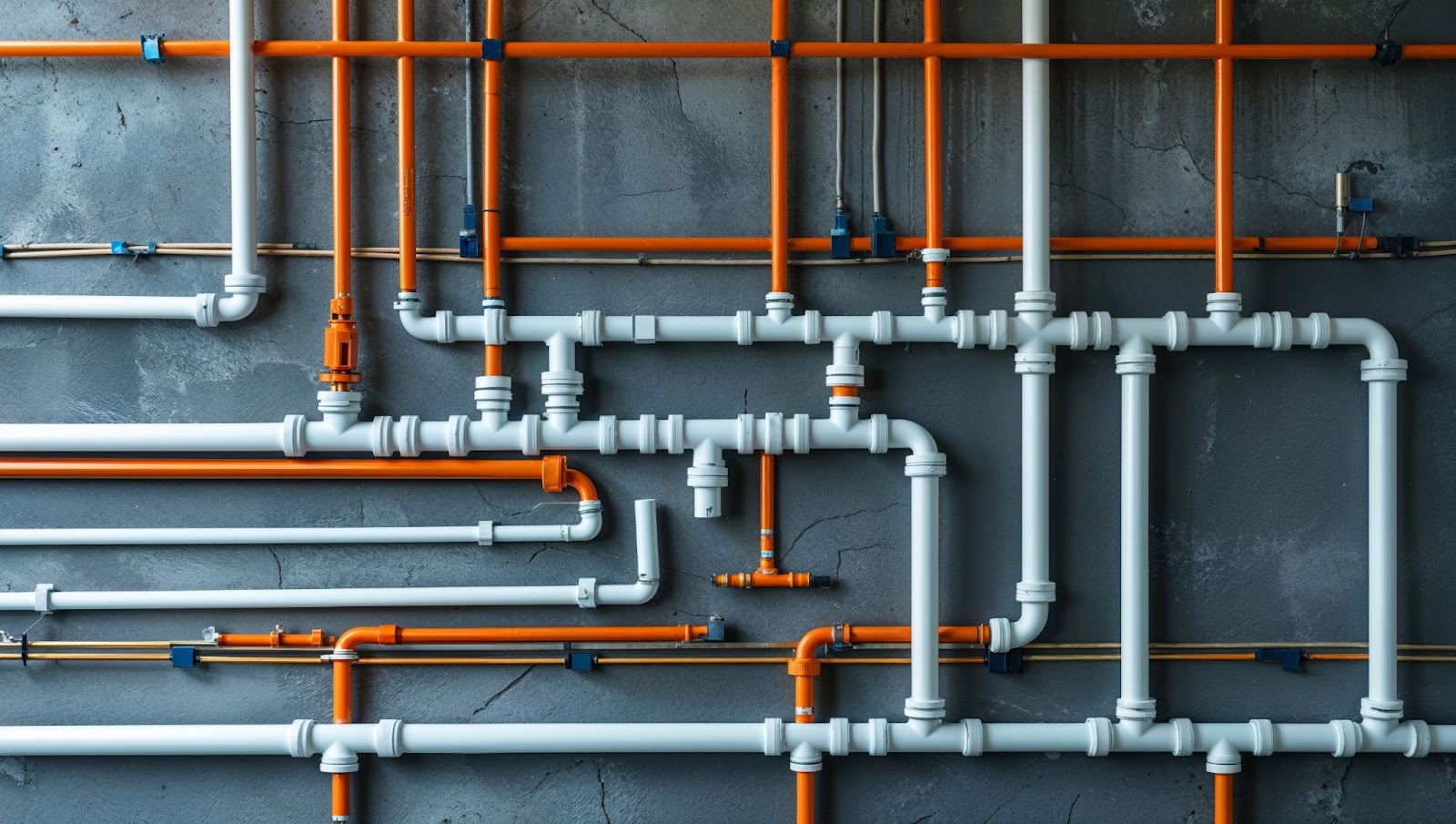When you think about it, hard water sounds like a crazy concept; how can a liquid be hard? But hard water doesn’t necessarily mean the water itself is tough. Rather, it refers to water containing the highest calcium and magnesium.
So, what’s the big deal with some minerals in your water, and why should you care? Unfortunately, hard water can cause severe damage to your home in more ways than one.
Here is what you can expect from frequently using hard water.
It Can Ruin Your Dishes
Have you ever run your dishwasher and noticed that after you take out your dishes, there’s a white film all over them? These stains happen when soap or dish detergent mix with hard water, causing the solutions to stick to everything in the dishwasher.
Not only is this frustrating, but if you continue to wash your dishes in hard water, you’ll find the film getting harder to remove over time, and eventually, you may need to go out and buy a new set of dishes.
You can always wash your dishes by hand, but it’s best to hire a professional plumber to address the issue. If you sit down and do the math, hiring a plumber will be significantly cheaper than buying new dishes continuously.
Water Flow Issues
Scale build-up is another unfortunate symptom of extended hard water use, but it doesn’t end there. These buildups can obstruct your water flow, reducing water pressure to your shower, bathtub, and sinks. But wait, there’s more! If left untreated, water flow issues can lead to more devastating situations such as cracked or burst pipes.
Heat Transfer Issues
If you haven’t noticed, scale is a common factor in hard water issues. Not only is it gross to look at, but it can build up in your water heater and reduce its efficiency. Forget showering in cold water; you’re also likely to see a hike in your utility bill. It’s been estimated that just a quarter-inch of scaling in a water heater can cause up to a 40% increase in energy usage.
Galvanic Corrosion
Pipe bursts cost homeowners and landlords thousands of dollars worth of damage, and hard water is one of the leading culprits for these bursts. Aside from calcium and magnesium, you’ll also find elevated levels of electrolytes in hard water, which produces galvanic corrosion. In simple terms, galvanic corrosion happens when one metal begins to erode, coming into contact with other metals.
Tackle Hard Water with Salisbury Plumbing
It’s essential to treat your hard water by utilizing a water softener to prevent the issues mentioned in this article, but sometimes they just can’t be avoided. If you find yourself in need of professional plumbers, give us a call at Salisbury Plumbing.
We do everything from water treatment and water heater repair to fixing burst pipes. Schedule your appointment with us today, or give us a call if you need emergency repairs; we’re available 24/7 for residents across Utah county.


